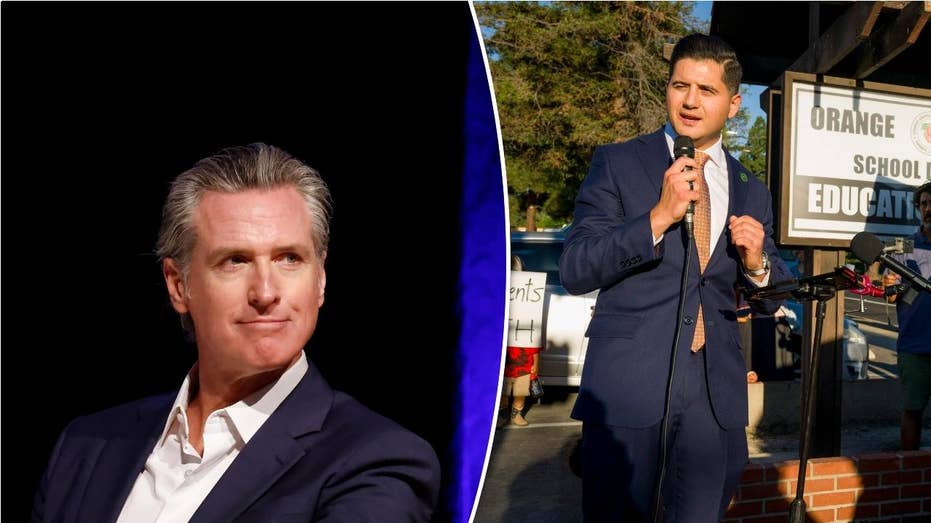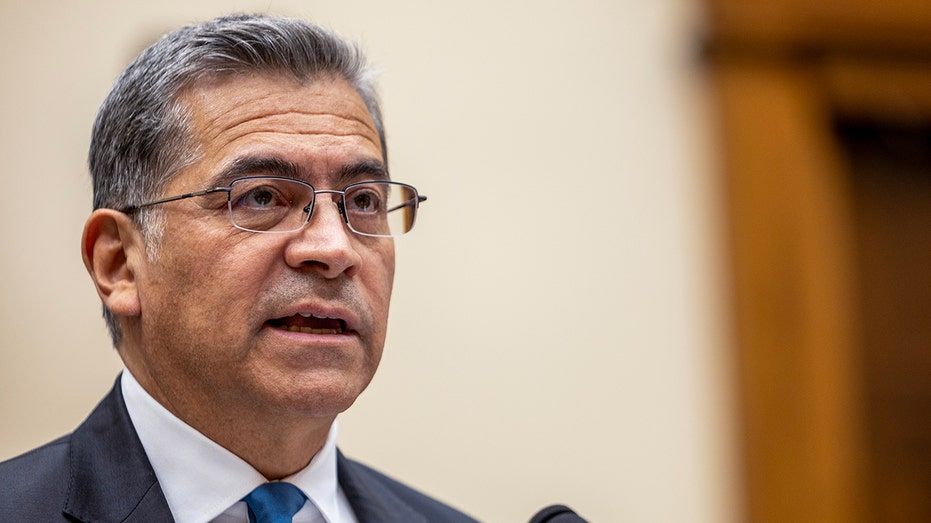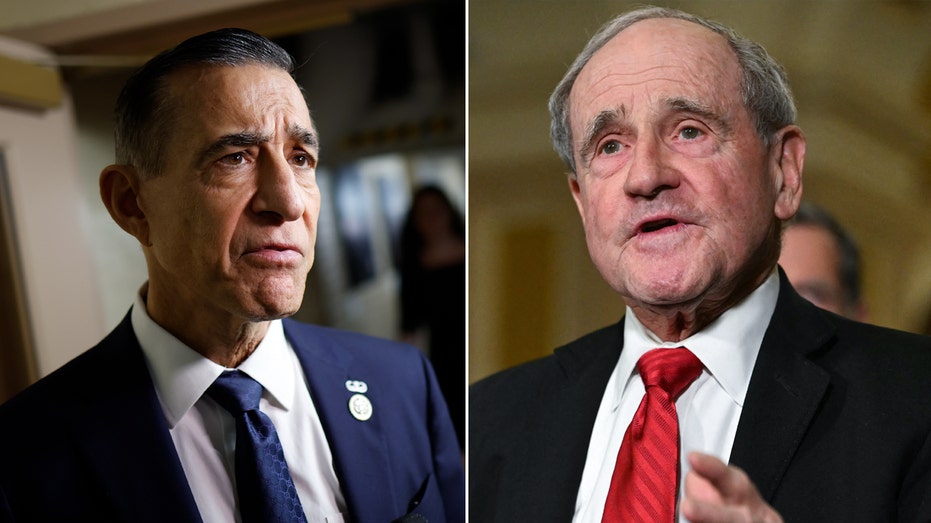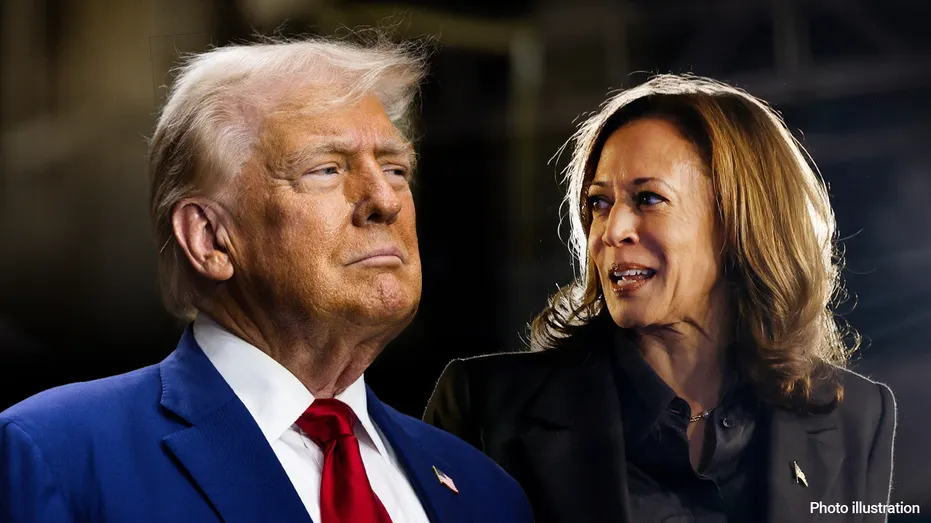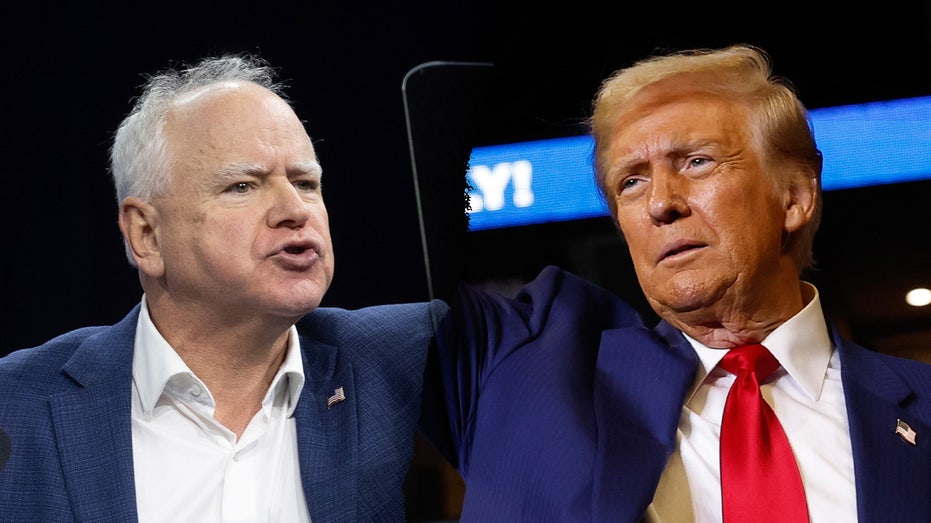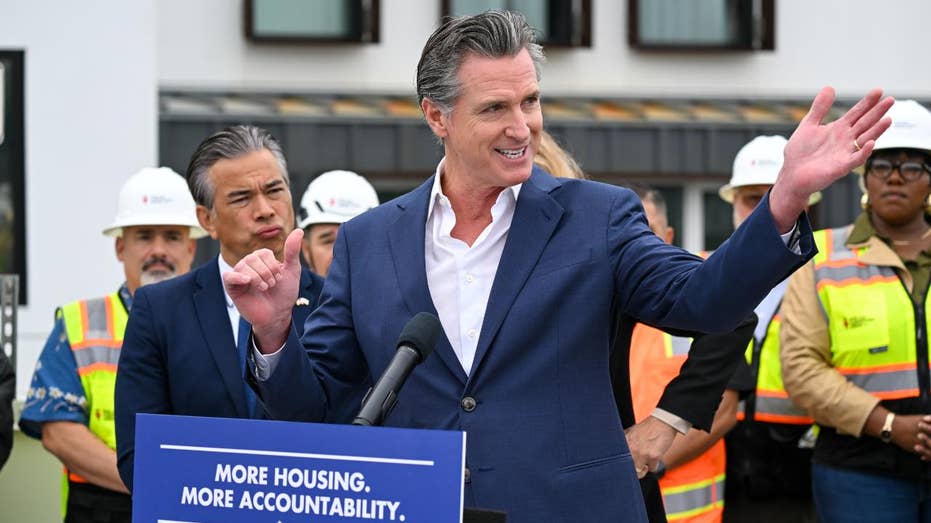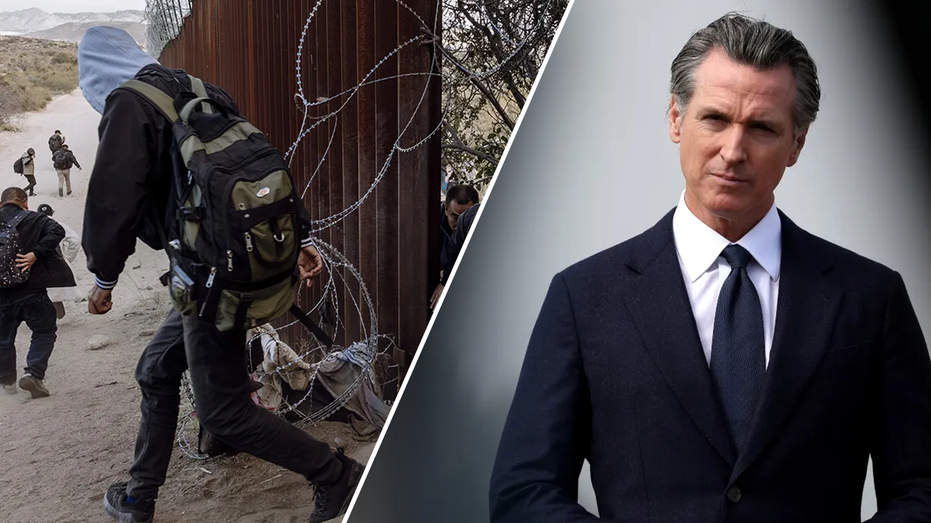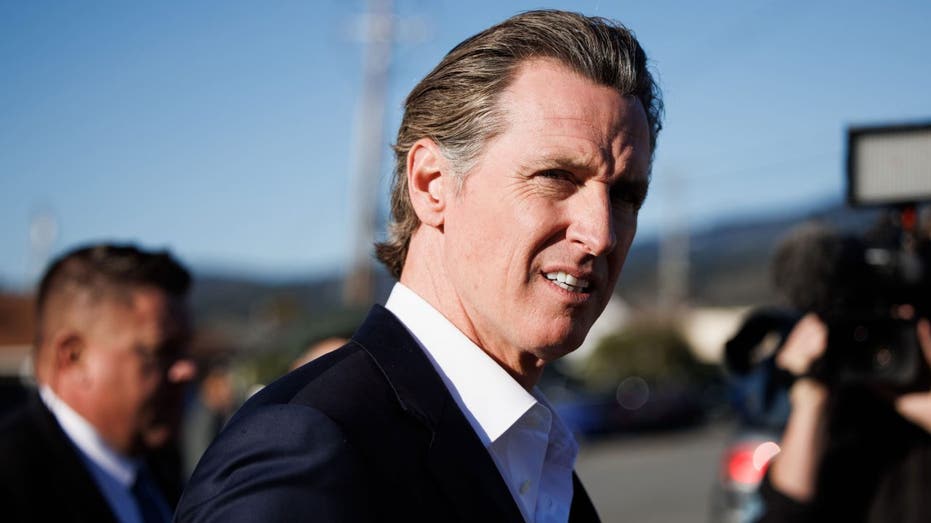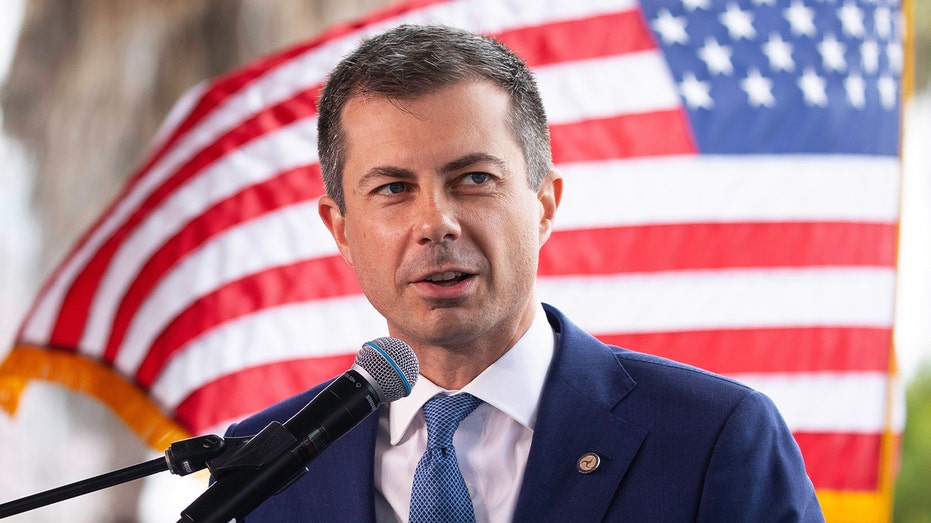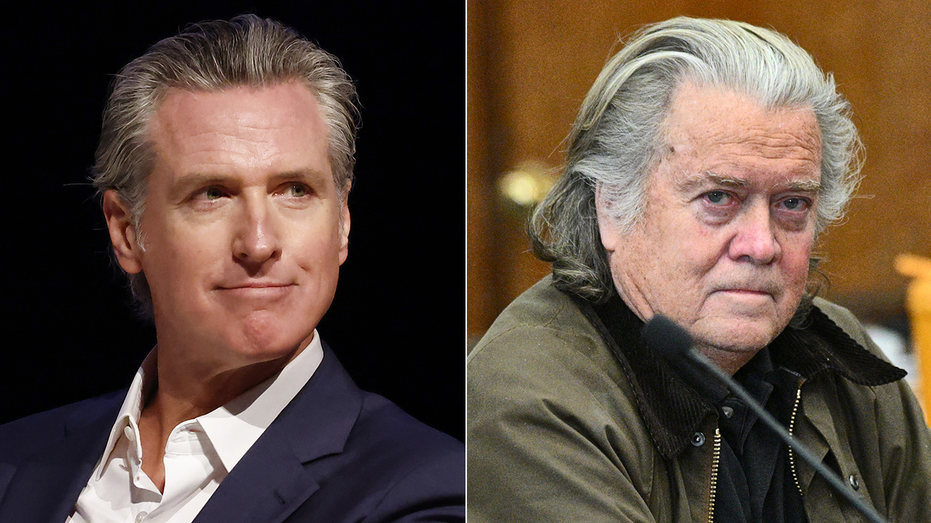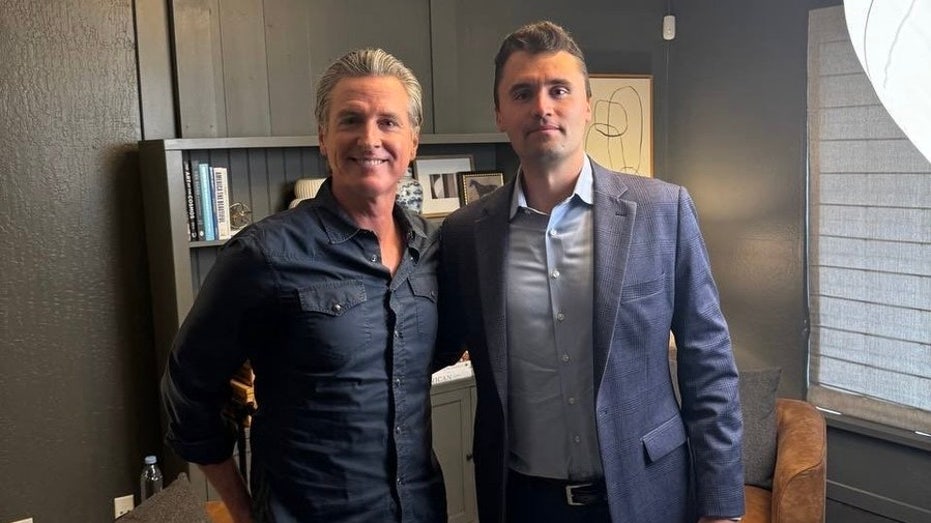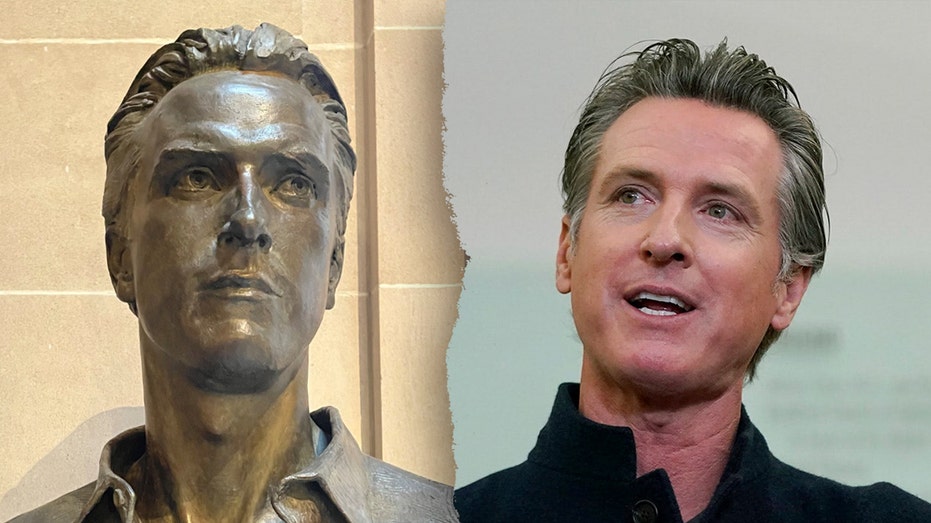California is ready to fight Trump again — this time over tariffs

AP Photo/Mark Schiefelbein
- California Gov. Gavin Newsom wants to shield his state from retaliatory tariffs.
- Many countries are considering what to do in response to President Donald Trump's "Liberation Day."
- Newsom's actions reignite the long-running feud between the nation's most populous state and Trump.
California Gov. Gavin Newsom on Friday said he will seek to talk to world leaders about why they should exempt his state from retaliatory actions to President Donald Trump's latest round of tariffs.
"TO OUR TRADING PARTNERS AROUND THE GLOBE — California is here and ready to talk," Newsom wrote on X. "We will not sit idly by during Trump's tariff war."
In a video accompanying his message, Newsom said, "Donald Trump's tariffs do not represent all Americans."
"Today, I have directed my administration to look a new opportunities to expand trade and to remind our trading partners around the global that California remains a stable partner," Newsom said.
Trump roiled markets on Wednesday when he announced sweeping "reciprocal tariffs" for a long list of nations, including the European Union, South Korea, Japan, and India. China was hit particularly hard because Trump's latest round of tariffs was combined with existing ones, bringing the total on Chinese goods to 54%. Stocks continued to crater on Friday, with the Dow down roughly 4% as of the afternoon.
It's California v. Trump, again
Newsom's comments reignite the long-running feud between the nation's most populous state and Trump. The White House wasted little time firing back.
"Gavin Newsom should focus on out-of-control homelessness, crime, regulations, and unaffordability in California instead of trying his hand at international dealmaking," White House spokesperson Kush Desai said in a statement.
A potential 2028 challenger, Newsom is also coming close to, if not outright crossing, the legal line between federal and state power.
Trump's first administration sued California after then-Gov. Jerry Brown brokered a climate change agreement with the Canadian province of Québec after Trump announced his intention to pull the US out of the Paris Climate Accord. California won at the lower-court level, but the dispute was never fully resolved when President Joe Biden's Justice Department dropped the case in April 2021.
Newsom is on dicey legal grounds
Presidents have sweeping tariff powers, but the actual line between what states can do with foreign countries is a little hazy.
The Constitution requires states to obtain congressional approval "to enter into any Agreement or Compact" with a foreign country. Yet, many states have ignored that for decades, and lawmakers haven't seemed to mind.
As Curtis A. Bradley, a law professor at the University of Chicago, wrote in 2023, the federal government has sometimes encouraged states to strike their deals.
"In practice, U.S. states almost never seek congressional approval for their agreements with foreign governments, and the number of unapproved agreements has been growing substantially in recent years," Bradley wrote.
Many states send trade delegations overseas. In the past, some have also sought to restrict business with specific countries, most notably during the anti-Apartheid movement against South Africa in the 1980s.
In 2000, the Supreme Court ruled unanimously that Massachusetts could not on its own prohibit its government agencies from conducting business with Burma since Congress had already passed sanctions on Myanmar.
Congress has the ultimate power to check Trump's tariffs, but Republicans have proved reluctant to do so. On Wednesday, the Senate voted to block Trump's tariffs on Canada, though that bill is not expected to pass the Republican-controlled House.


